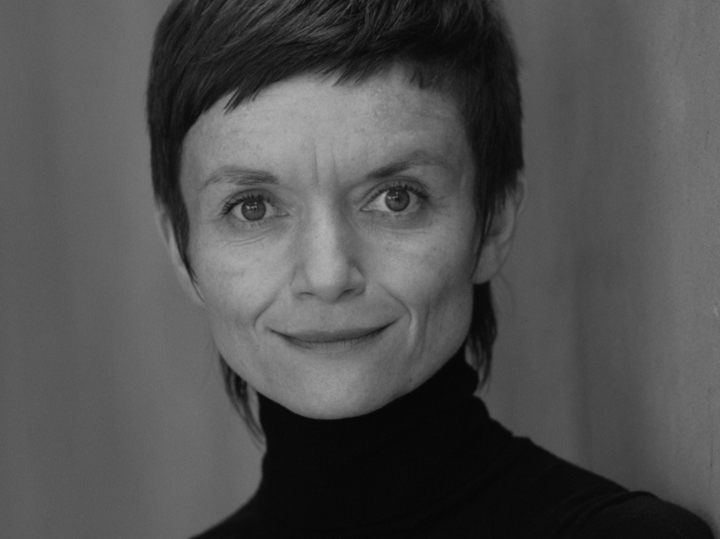ADAPTATION Lecture: Aleksandra Jaeshke
Monday, January 29, 2024
6:00 pm - 6:00 pm
Adapt With Caution: Diminishing Baselines Ahead
Humans are tremendously flexible. As a species, we have adapted to a vast range of environments. In the process, we have dramatically altered them and are now witnessing a global call to arms to adapt to climatic changes that we ourselves have triggered. Heedlessly, we have been also, and for a long time, adapting to a steadily degrading environment. Unaware of past levels of diversity, we accept what would have alarmed the previous generation, and consider the current conditions as normal. In ecological terms, we suffer from the diminishing baseline syndrome.
Adaptive intelligence is such highly praised a trait that we tend to focus on adjusting, even though the intuition tells us that something is going awry. But our way of living is non-negotiable. And so, all critique of resource-expensive climate adaptation technologies is ridiculed as old-fashioned, unadventurous even. Any attempt at averting change is perceived as a threat against personal liberties and a sign of mental rigidity. Trying to revert things is judged retrogressive, if not naïve.
And yet, acknowledging the ongoing environmental, but also social, political, cultural, and spiritual losses is the first step to telling intelligent adaptation from ignorant acquiescence. Being able to adapt to change is a sign of intelligence, but knowing what is not worth adapting to is a sign of wisdom.
About Aleksandra Jaeschke
Aleksandra Jaeschke is an architect and an Assistant Professor of Architecture at The University of Texas at Austin. Born and raised in Poland, she holds a Doctor of Design degree from the Harvard GSD and an AA Diploma from the Architectural Association in London.
Jaeschke holds a professional license in Italy where she practiced at AION, an architectural firm she co-founded and co-directed with Andrea Di Stefano until her move to the U.S. In recognition of the work developed by AION, she received the Europe 40 Under 40 Award for 2011 conferred by the European Centre for Architecture Art Design and Urban Studies and the Chicago Athenaeum. In 2013, AION held a solo exhibition Eco-Machines in the Wroclaw Museum of Architecture in Poland.
She was the winner of the Harvard GSD’s 2019 Wheelwright Prize and the DigitalFUTURES’s 2021 Mark Cousins Theory Award. She contributed to Log 51 and Log 56, participated in Log’rithms held in the Italian Virtual Pavilion at the 17th Venice Architecture Biennale, and was part of Model Behavior, a group exhibition curated by Anyone Corporation and presented by The Cooper Union Foundation in New York in 2022. In 2021, she curated Plant Potential, an event series focused on human-plant relations — www.plant-potential.world. A book based on her doctoral dissertation, entitled The Greening of America’s Building Codes: Promises and Paradoxes, was published by Princeton Architectural Press in December 2022.
About the Lecture Series
Adaptation implies a response to change. To adapt means to adjust, modify, and alter one’s response to changes in its various forms: slow, radical, planetary, and local. Adaptation suggests acknowledging new ways, ideas, technologies, and mindsets reacting and responding to possible futures, messy pasts, and complex contexts. Adaptation also refers to switching genres and media to serve better communication or to reach new audiences.
The processes of adaptation are often not as transparent as we would like them to be. They invite analyses, careful investigations, and debates on usefulness, functionality, reuse, ruin, and waste. Adaptation may sometimes mean finding ways to survive conditions that are not ideal and out of control, whereas to adapt may mean recalibrating one’s expectations to fit into new paradigms. As we confront inequities emerging from discrimination, gentrification, and climate change, among other global shifts, adaptation is everywhere.
Our lecture series cuts across geographies and disciplines to look at crises and inflection points, changing extraction and expert cultures, mutating legal, regulatory, and mapping systems, preservation and surgical interventions, and innovative and interdisciplinary construction practices.

- Location
- 4200 Elgin St, Houston, TX 77204
